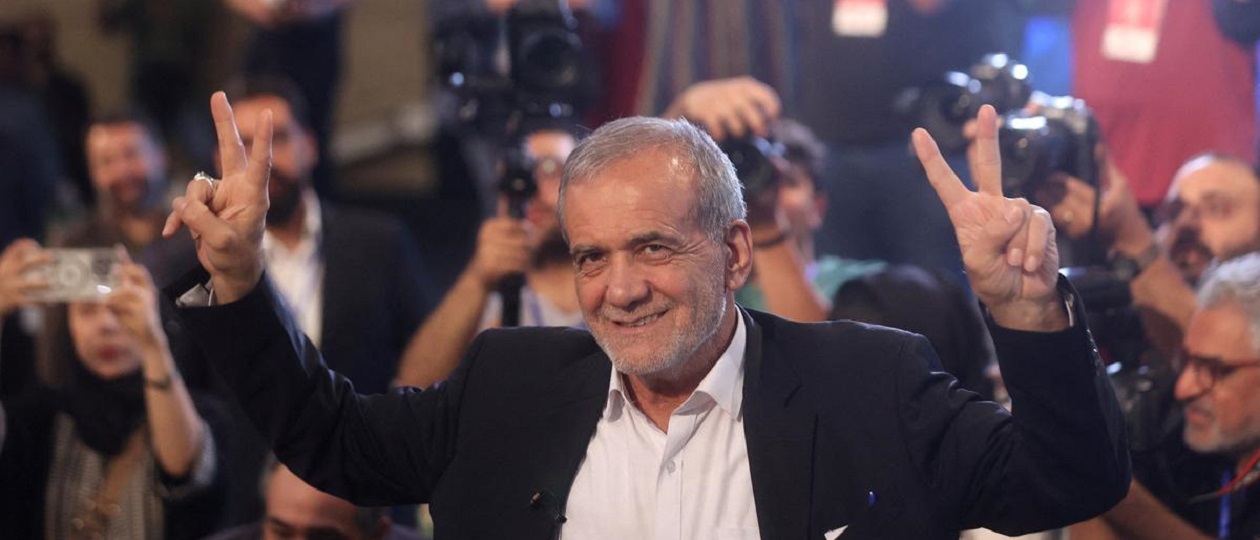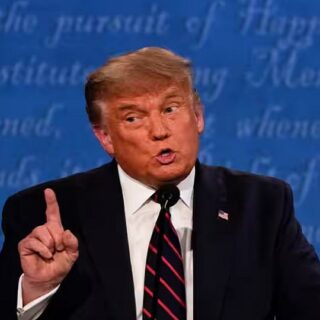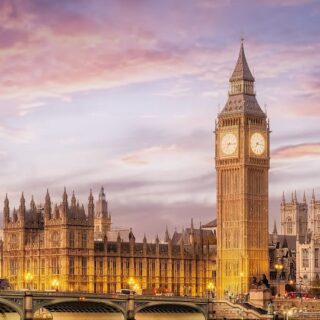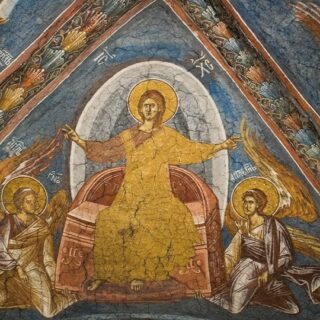
In the second round of the presidential elections in Iran, 69-year-old heart surgeon, former Minister of Health, and politician from the camp of moderate reformers Masoud Pezeshkian won.
Compared to his predecessor Ebrahim Raisi, who died in a plane crash, Pezeshkian is much more democratic in his rhetoric and is determined to return Iran, as much as possible, to economic and social dynamics.
Pezeshkian will under no circumstances adjust the policies of spiritual leader Ali Khamenei. But within the framework of the course set from above, he will try to find many specific solutions and optimal solutions for the daily life of the country.
It will be important for Pezeshkian to strengthen support among his main voters — educated citizens and young people. And also wait until the time comes to elect a successor to replace the already 85-year-old Khamenei. At this moment, some more or less serious reforms in Iran’s political system will become possible.
Iran’s foreign policy is unlikely to change noticeably. Moreover, the coming to power of Donald Trump in the United States will intensify the confrontation between Tehran and Washington.
The alliance with China and Russia is here to stay: approximately 45% of imports and 55% of exports come from China. For Russia, the numbers are not so large, but they relate to truly vital topics in the military-industrial complex and fuel and energy complex.





